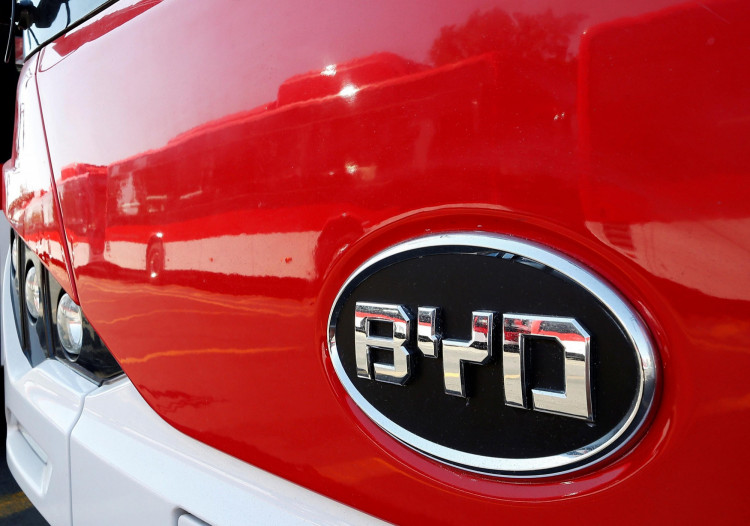Chinese electric vehicle (EV) brands are making a significant mark in Thailand's market. Recent data released by Thailand's AutoLife website for August 2023 reveals that out of the top ten registered EV models for the month, eight were from Chinese brands.
Specifically, four models from SAIC Motor's MG brand made it to the top ten. Meanwhile, BYD's ATTO3 (also known as Yuan PLUS) and NETA's V were the two best-selling models, with registrations of 1,770 and 1,251 vehicles respectively. Apart from Chinese brands, Tesla's Model 3 and Model Y also made the list, with Model Y registering 664 units, securing the third spot.
From January to August this year, Chinese EV brands held a staggering 80% market share in Thailand. The BYD ATTO3 was the top-selling model with 14,000 registrations, capturing a market share of 32.93%.
NETA's V came in second with 8,440 registrations, holding a 19.41% market share. Tesla's Model Y and Ora Good Cat followed closely. MG also had four models in the top ten for registrations over the eight months, and Volvo's XC40 EV model was another notable entry.
In contrast, Japanese brands struggled in the EV sector. Toyota's main EV model, the bZ4X, saw dismal sales from January to August, with zero sales in January and never exceeding six units in any subsequent month. Lexus, Toyota's luxury brand, sold just one unit in May, with zero sales in other months.
However, it's worth noting that gasoline-powered vehicles from Japanese brands still dominate the Thai market.
The dominance of Chinese EV brands in Thailand can be attributed to the Thai government's aggressive policies promoting EVs and the strategic moves by Chinese automakers to expand in the Thai market.
In 2021, the Thai government set a target: by 2030, 30% of domestically produced vehicles should be zero-emission, aiming for 1.35 million zero-emission vehicles by 2035. To achieve this, the government introduced subsidies for locally produced EVs. Starting in 2024, passenger vehicles priced below 2 million Thai baht (approximately $64,000) could receive a subsidy of up to 150,000 Thai baht (around $4,600).
To further encourage EV companies to set up locally, the Thai government also reduced the passenger car tax rate from 8% to 2%. Import tariffs on complete vehicles are expected to be reduced by up to 40% between 2022 and 2023.
With strong policy support and intensified competition in the domestic EV market, Thailand has become a hub for Chinese automakers looking to expand in Southeast Asia.
In March this year, NETA laid the foundation for its factory in Thailand, marking its first overseas plant and the first Thai factory for China's new EV forces. With a capacity of 20,000 vehicles, it's expected to start production by the end of January 2024.
In the same month, BYD began construction of its production plant in Rayong, a significant automotive production and export base in Thailand, with production expected to start in 2024. Following this, in April, Changan Automobile announced a $285 million investment to establish a factory in Thailand to produce its first right-hand-drive vehicle outside of China.
Industry experts believe that the expansion of Chinese EVs in Thailand will strengthen China's leadership in the Asian supply chain. According to the Thai-Chinese website, from January to February this year, China surpassed Japan to become Thailand's largest source of investment. Ten Chinese companies invested a total of 109.87 billion baht (approximately $3.4 billion), followed by Japan with 85.45 billion baht (around $2.6 billion).





